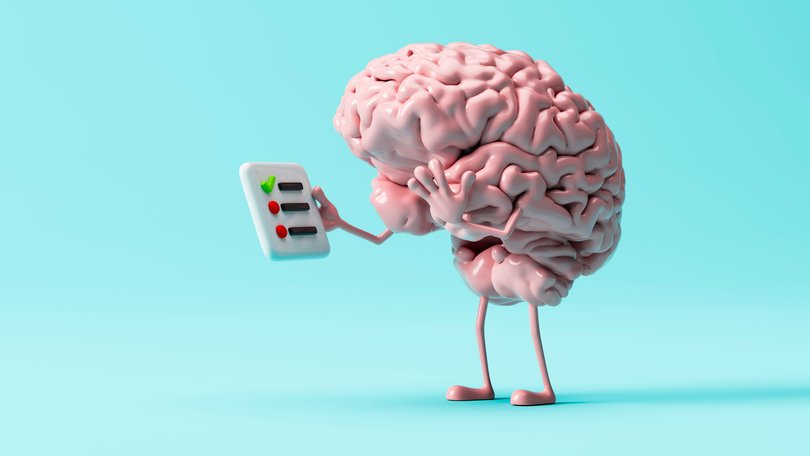Hack your brain for a longer life — here’s how to fix the one big mistake most people make
The brain is one of the most vital organs in the body, and taking care of it is necessary to maintain focus, feel your best mentally and live a long life.

The brain is one of the most vital organs in the body, and taking care of it is necessary to maintain focus, feel your best mentally and live a long life.
Longevity researcher Dan Buettner, who popularized the term “blue zones,” discussed how to “hack your brain for a longer life,” in a recent episode of his podcast. In conversation with psychiatrist Daniel Amen, Buettner asked Amen to share the biggest mistake Americans are making when it comes to their brain health.
“They don’t think about it. They never really develop a relationship with (their brain),” Amen said. “And it’s arguably the most important relationship you will ever have.”
Sign up to The Nightly's newsletters.
Get the first look at the digital newspaper, curated daily stories and breaking headlines delivered to your inbox.
By continuing you agree to our Terms and Privacy Policy.Even after years of training to become a psychiatrist, Amen admits that he didn’t focus enough on his brain health until 1991 when he started offering brain imaging at his clinics. Amen scanned his own brain and learned it wasn’t very healthy.
“In 1991, I’m already a double board-certified psychiatrist. I’m a physician. I was the top student in neuroscience and medical school, and I didn’t care about my brain that much at all,” he said.
“I had bad habits. I was only getting four hours of sleep at night. I was overweight, and I had just never really thought about the physical health of my brain.”
To improve his brain health, Amen made major changes in his daily life, and decided to share what he learned with as many people as possible. He’s written several books about his findings, including “Change Your Brain, Change Your Pain,” which is publishing later this year.
Here are some practices that Amen recommends for a healthy brain:
- Exercise frequently
- Learn new things
- Get omega-3 fatty acids in your diet
- Avoid pro-inflammatory foods like sugar and processed foods
- Know your genetic health history, and start a prevention plan to avoid developing conditions that run in your family
- Get enough sleep
- Don’t text and drive: “You’re more likely to get a head injury,” in a car accident, which can have effects on the brain, he said.
- Avoid toxins like drugs and too much alcohol
- Detoxify your body, especially through the use of saunas
- Don’t believe everything your mind tells you “from a mental health standpoint.” Just because your brain is telling you negative things about yourself doesn’t mean they’re true.
- Know your vitamin D levels, and improve them if needed
- Get your hormone levels tested
“You want to learn to love and care for your brain,” Amen said. “Care about it . . . avoid things that hurt it.”
